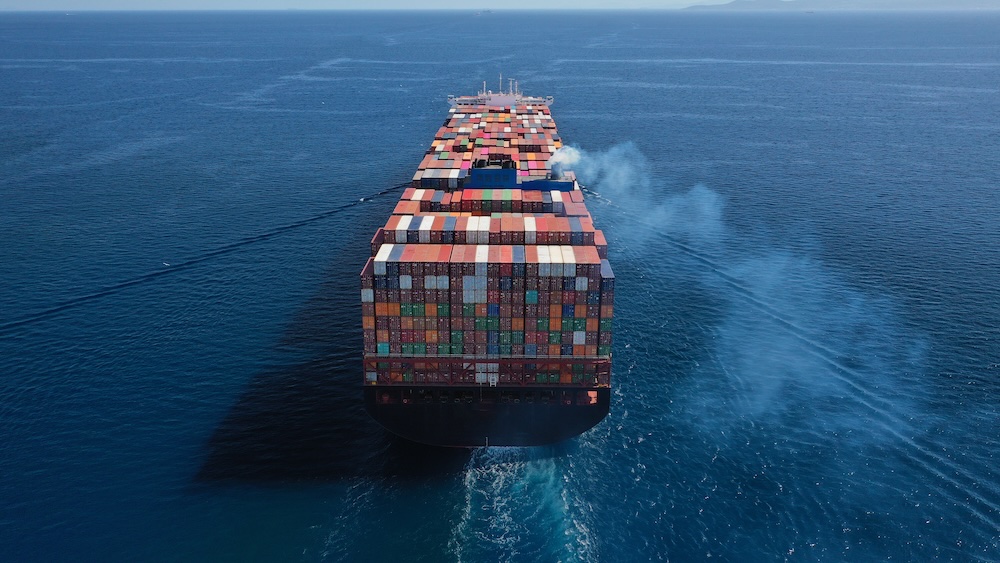
The CBER exempts certain liner shipping consortia agreements from competition law. While these agreements can bring benefits for shippers, they can also stifle competition.
The endorsement comes after the feedback CMA received from shipping companies, their customers and representative trade bodies following its analysis of the container shipping market in 2023. The CMA concluded in November 2023 that the conditions did not warrant the continued existence of a CBER for UK maritime movements – the same view had already been reached by the European Commission.
The British International Freight Association said its members have been extremely concerned that practices undertaken by container shipping lines, as well as easements and exemptions provided to them, have been distorting the operations of the free market to the detriment of international trade, businesses and consumers.
Welcoming the CMA’s decision, Steve Parker, Director General of BIFA, said: “Whilst this regulatory change, if implemented, will not end shipping line consortia and alliances, it will allow greater and ongoing scrutiny of such arrangements; and ensure that the lines will be subject fully to competition law. That will be welcomed by BIFA and its members and we call on the Secretary of State for Business and Trade to uphold the CMA’s decision.
“BIFA, and its members, are not anti-shipping line. Members know that shipping lines are essential parties in the global supply chain and hope that this decision will create a suitable balance between shipping lines as carriers, and its members as customers; leading to the creation of a long term, stable and successful deep sea container market that is in the best interest of all who are engaged in international trade.”
Nichola Mallon, Head of Trade at business group Logistics UK said the decision is good news for member businesses that ship goods internationally. She added: “Logistics UK acknowledged the robust methodology, thorough analysis and scenario modelling used by the CMA in reaching this conclusion, and agreed that the conditions to warrant a CBER do not exist. In addition, our members believe that self-assessment is the best and most effective way for co-operations to be undertaken by shipping lines.
“We believe that UK trade is best facilitated by solutions that find the right balance between the needs of and benefits to shipping lines, exporters and importers shipping goods. Logistics UK is now looking to government to implement this recommendation.”
In reaching its decision, the CMA said it had taken into account two additional factors: First, many liner shipping companies already have to self-assess their consortia because their combined market share exceeds the thresholds allowed under the block exemption. Secondly, liner shipping services to the UK currently call at ports in the EU as part of the same overall service. Liners operating these services will also need to consider compliance with EU competition law, following the EU’s decision to let its own block exemption lapse, alongside needing to consider compliance with UK competition law. Given that no automatic exemption will apply in the EU, the value of an automatic exemption under UK law is therefore significantly reduced.
The CBER was introduced by the European Commission in 2009. It was retained into UK law at the end of 2020, when the UK left the EU, and is due to expire on April 25 2024.
Further information on the CMA decision is available here: